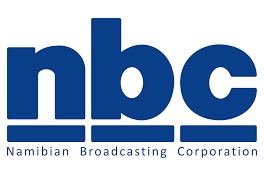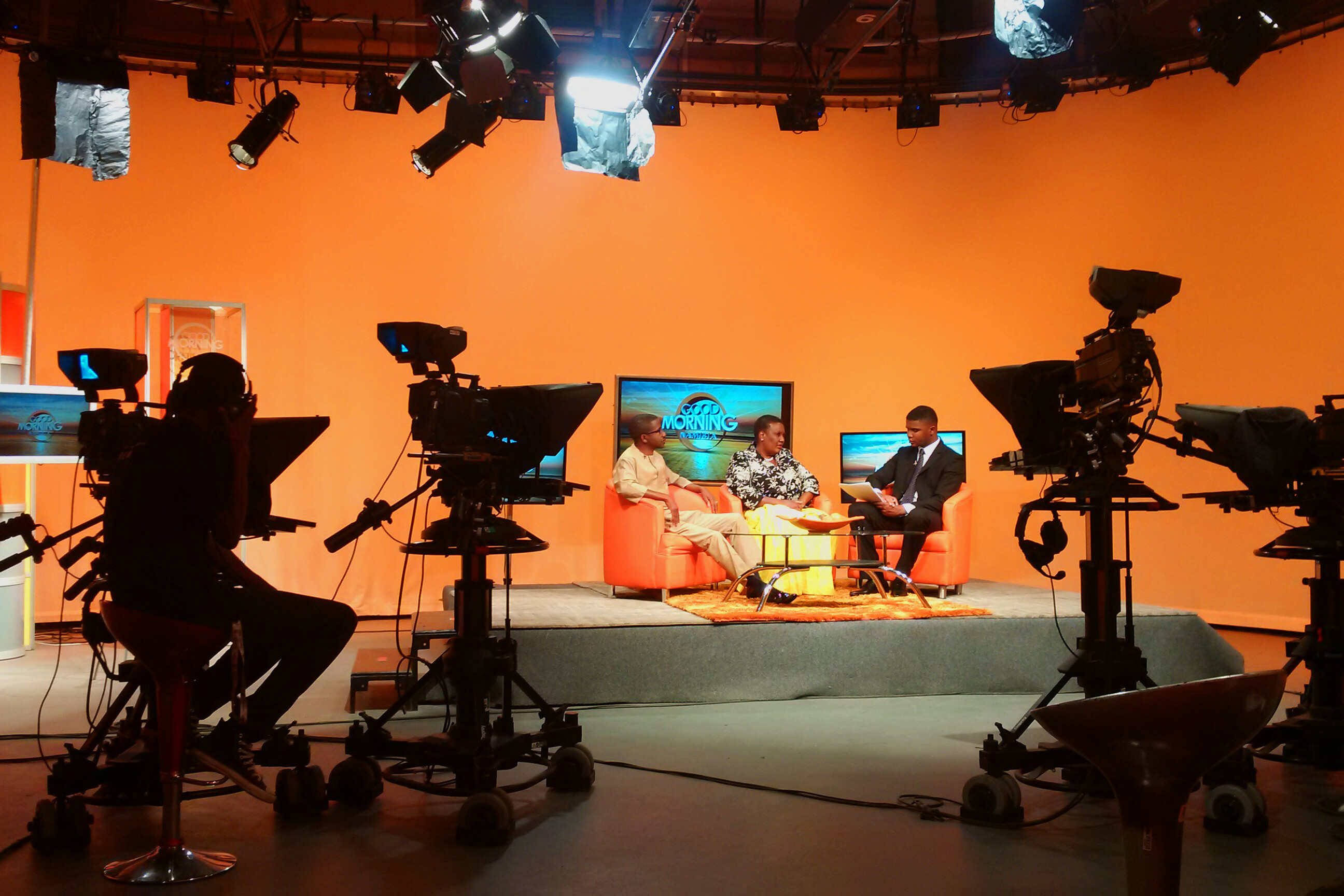Namibian Broadcasting Corporation (NBC) employees continue strike over claims of poor working conditions while managers express concerns over the public broadcaster’s “untenable” financial situation and future viability.
Since 22 April, the majority of NBC staff have been on strike following the breakdown of negotiations between the broadcaster’s management and the Namibian Public Workers Union (NAPWU). In a Facebook update on 6 May, NBC revealed that more than 397 employees had participated in the strike, while 131 have either ‘chosen not to down tools or have abandoned the strike action.’
Read more: Namibia: Workers at public broadcaster go on strike
REMINDER: What are NBC employees calling for?
- 8% salary increment
- Better job security (many staff are on monthly contracts and are demanding full-time employment)
- Increased employment benefits such as transport and medical aid allowances
On Wednesday, employees marched on the Office of the Prime Minister to hand over a petition claiming that NBC management had broken strike rules by hiring freelance workers, and that their demands are not being taken seriously. According to a report by The Namibian, NAPWU has now filed a lawsuit against the NBC, government and Finance Minister over ‘unfair labour practices’ related to the government’s negotiation with the International Monetary Fund (IMF) for a N$3.7 million bailout loan. As part of an agreement, coordinated earlier this year, the loan is subject to a ‘“structural reforms” clause’, which could result in wage freezes or decreases, implementing early retirement schemes and selling the assets of state-owned organisations like NBC.
Find out more: Namibia: Employee Union Takes National Broadcaster To Court – Reports
Those taking industrial action have received widespread support from labour unions and press freedom organisations such as the International Federation of Journalists (IFJ) and the Namibia Media Professionals Union (NAMPU). Both organisations have written to President Dr Hage Geingob, calling on him to intervene in the dispute. IFJ also reported that ‘Despite receiving a subsidy from the government to help address low pay, management have instead paid N$5.4 million in bonuses to 16 top managers.’
In a statement released on 7 May, the NBC Board of Directors reaffirmed its position “that the strike should end, and this can only happen if all parties come together to find workable solutions…” The Board highlighted the public broadcaster’s debilitating and “untenable” financial situation and suggested there is a high “liquidity risk” that could “possibly lead to a situation hampering normal operations”.
While some live broadcasts disrupted by the strikes have now resumed as more employees return to work, NBC’s regular news production has been noticeably impacted. Since the start of the strike, there have been minimal news reports published on its website and the company’s main Twitter account has been inactive since 22 April.
Public Service Announcement pic.twitter.com/24eF7ZyURv
— NBC Namibia (@NBCNamibia) April 22, 2021
NBC’s Board admits that: “… for the month of April 2021, only the net pay of all employees could be honoured with the N$6.1 Million tranche payment of Government together with own generated revenue”. Other statutory obligations such as pensions or medical aid also could not be paid. They emphasised that “the main focus at this stage is to secure jobs as opposed to salary increases” especially now, given the reduced government subsidy of N$ 127 million for this financial year.
The Namibian reports that there might be retrenchments and that the majority of NBC’s debt has accumulated since 2003 due to a pay-as-you-earn scheme that the organisation could not pay at the time. This was reiterated by DG Stanley Similo who, at a meeting between the Parliamentary Standing Committee on Information, Communication Technology and Innovation and NBC management, said that “If we only get N$ 127 million it means the whole business as NBC is in trouble. If that subsidy allocation does not improve, a different discussion will have to ensue within the NBC, a lot of people might lose their jobs”.
Similo also denied any “untoward” behaviour regarding the N$5.4 million pay-outs to managers, explaining that this was approved by the Board of Directors under the Public Enterprises Act for top management, which equates to a period of five years.
Effective public media require supportive management and the fair, respectful treatment of staff. This is especially important for organisations with a public source of funding and as such, the allocation of funds must be accountable and transparent. However, any attempts by NBC management to meet the demands of industrial action will be significantly hampered by the drastic cuts imposed by the Namibian government. COVID-19 has demonstrated the importance of public service media as sources of trusted, verifiable information – a solution must be found to ensure a sustainable future for NBC.
Header Image: Set of NBC Good Morning Namibia. Image: Public Media Alliance
Related Posts
23rd April 2021
Namibia: workers at public broadcaster go on strike
Employees at the Namibian Broadcasting…

